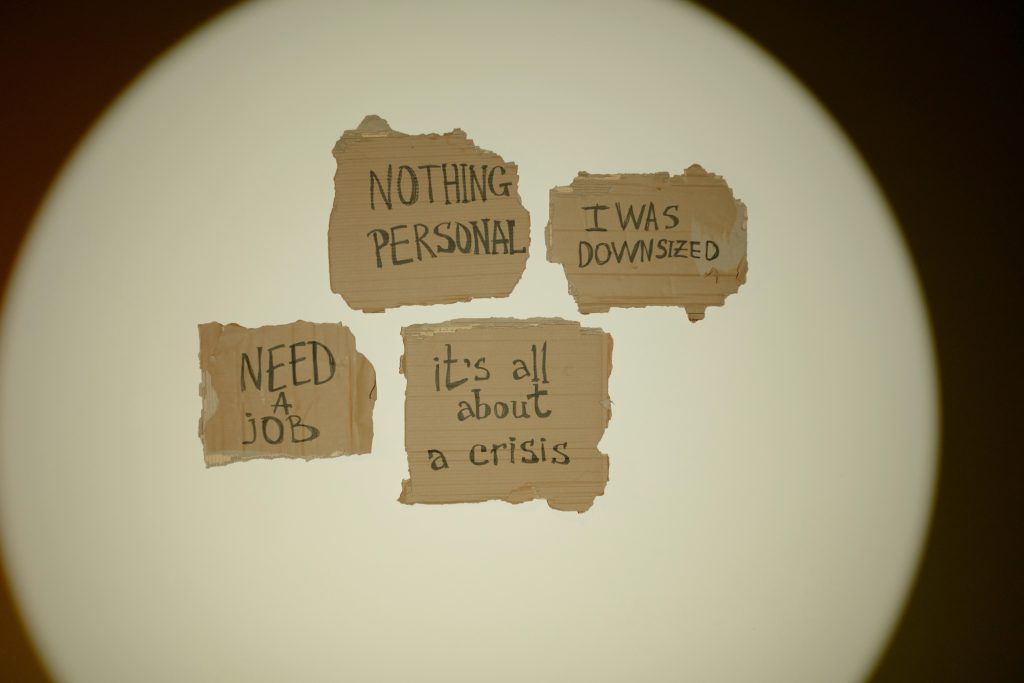South Africa’s unemployment rate is one of the highest in the world. According to the official numbers, nearly one in three South Africans is unemployed. That’s a staggering 32.9% based on the latest data from Statistics South Africa. But Capitec CEO Gerrie Fourie says this figure doesn’t tell the whole story.
In a recent interview, Fourie suggested that the real unemployment rate might be much lower. He believes that if we looked at how people survive in the informal economy, the number could be closer to 10%. He reasons that many people are working in ways that are not counted in the official numbers. They might not have a contract or a boss, but they are earning money and supporting themselves.
He gives an example that makes you think. Imagine someone who has had a Capitec bank account for ten years. Every month, they deposit R4,000 from selling ice blocks at local soccer matches. They may not have a payslip, but they are bringing in money regularly. According to Fourie, this person is working. They are showing signs of being active in the economy and managing to earn income without relying on government support.
This raises an important question. If so many people are working informally and still managing to make ends meet, should they be counted as unemployed? It challenges the current definition used by Stats SA, which focuses more on formal employment and structured job-seeking. People who have given up on looking for jobs or who work informally are often left out of the central unemployment figure.
But while this argument is interesting, it also opens up a bigger debate. If unemployment is truly closer to 10%, then why do more than 19 million South Africans rely on SASSA social grants to survive? Why do we still see tax shortfalls, poor consumer spending, and a struggling economy? These problems suggest that people are not earning enough to live stable lives, let alone contribute meaningfully to the tax base or national growth.
The informal sector may help people get by, but it does not build roads, fund hospitals, or pay public servants. It does not grow the economy in a sustainable way. When people sell goods on the street or run small cash-based businesses, that money often stays outside the formal system. There are no payslips, no taxes, and no job security. It may feel like work, but it does not carry the same long-term value as formal employment.
That is the heart of the issue. What counts as employment? If someone hustles every day to survive, are they employed? Or are they just surviving from one day to the next? Gerrie Fourie says we should recognize these people as employed. Others say that employment should mean more than just activity. It should mean stability, productivity, and the ability to grow.
This difference in thinking is essential because it affects how we plan for the future. If we accept that 10% is the real unemployment rate, we might ignore the deeper problems. We might overlook the fact that millions of people have no safety net, no long-term job prospects, and no real way out of poverty. Just because someone can sell goods and make R1,000 a week does not mean they are secure. If they get sick or if demand dries up, they lose everything.
Government departments and economists are now asking whether our current unemployment definitions are outdated. The Department of Trade, Industry and Competition has echoed Fourie’s view and said it’s time to rethink how we define employment in the country. Members of Parliament have also discussed the matter, asking if informal activity should count in a different way.
Stats SA uses clear rules to decide who is employed and who is not. A person must be working for pay, profit, or family gain in the week before the survey to be considered used. If they are looking for work but not finding any, they are counted as unemployed. And if they are not looking for work at all, they are called discouraged. This system leaves many people out, especially those who hustle informally but do not report their activities.
Capitec sees the data differently. The bank has over 22 million customers. They can see transaction patterns that point to people earning informal income regularly. They believe that these numbers show real economic activity, even if it does not look like a traditional job. That view is supported by some observers who say the informal sector is where many people turn when the formal economy lets them down.
But critics warn that redefining employment to include all informal activity might hide the real crisis. South Africa still faces high poverty, poor education, and a lack of formal job creation. Adding street vendors and informal traders to the “employed” column does not fix those problems. It could just make things look better on paper without solving anything in real life.
Actual employment should lift people out of poverty. It should offer security, benefits, and room to grow. A job should do more than help someone survive the day. It should allow them to plan for tomorrow. Without that, we are simply reshaping words instead of solving problems.
Fourie’s comments are not wrong. They shine a light on an important truth. South Africans are resourceful. Many people find ways to make money in hard times. They hustle, trade, and build small businesses. This deserves recognition and respect. But we must also be honest. That kind of work, while important, cannot replace formal jobs on a national level.
We need policies that grow the economy in a way that includes everyone. That means better education, easier ways to start and scale businesses, and more support for the informal sector to enter the formal space. Only then can we move beyond survival and into real progress.
So, is the real unemployment rate 10%? If you only look at activity. But if you look at stability, growth, and long-term impact, the number is still closer to what Stats SA reports. We should not downplay the crisis just because people are finding ways to cope. Coping is not the same as thriving.
South Africa’s story of enjoyment is more complex than any one number. It is not just about counting jobs. It is about the kind of work people are doing, what that work leads to, and whether it creates a future. That is what truly matters.




